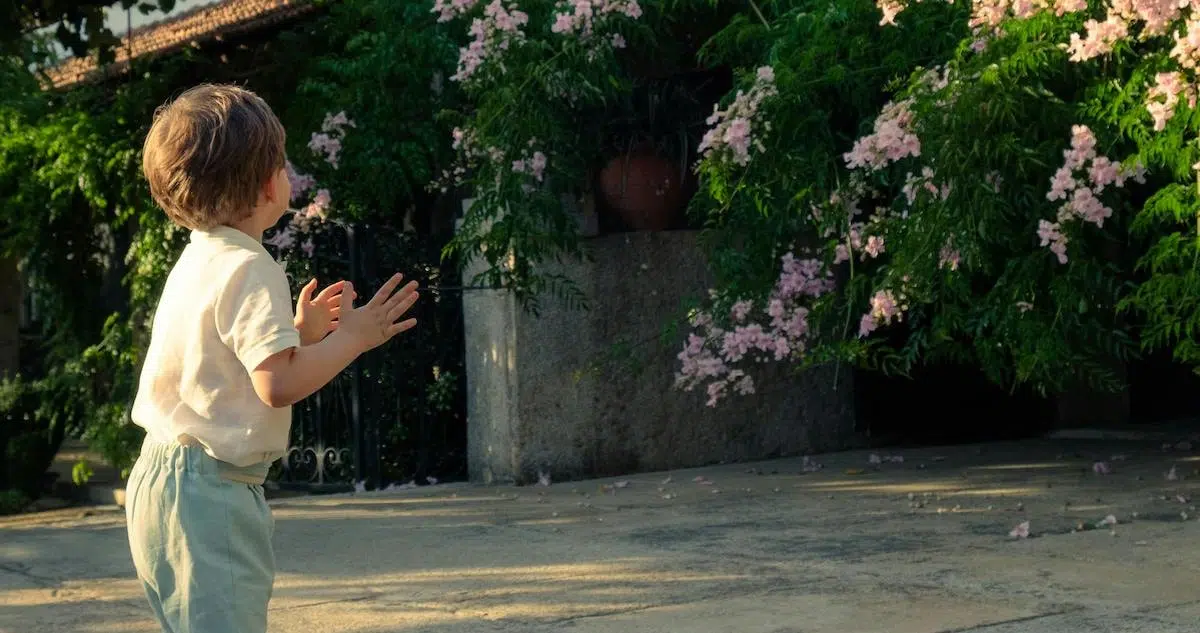How to incorporate play in routines
Genevieve Muir
Genevieve Muir
Up next
Nothing prepares you for the role that routine will play in your life as a parent of young kids.
The fact that you may live your life by a strict sleep or feeding routine as you begin to realise how much your child thrives within it, and how hard life can be when it falls apart.
And the fact that while children need this routine they can also struggle with it on a daily basis.
If you’ve ever struggled to get a child into a bath (and then struggled to get that same out of that same bath) you will understand what I mean. For people that really like routine, and who struggle if we don’t stick to it, it can be surprisingly hard to get from A- B within that routine.
Why Toddlers struggle with transitions
Some days it feels from the minute their chubby feet hit the floor they don’t want to get into (or out of) the car or the bath, and they’re definitely not listening when you tell them it’s time to stop playing and put their shoes on for day-care.
The reason lies in the fact that while toddler love routine and predictability, they struggle with transitions. It is human to struggle with transitions, but no one on earth struggles more than our toddlers.
Toddlers are just making sense of their world. Their emotions and brains are still developing.
As a result they really struggle to ‘multi focus’ which means that they don’t like stopping what they are busy doing, (usually playing) to do what we’d like them to do (usually something less fun than play).
The thing is, I really get why toddlers struggle. I find it hard to finish up doing something I am enjoying and start something that is harder. Who else finds it hard to turn off Netflix at night and go to bed? Or to get out of a warm shower and get dressed? Or put on the trainers and go for a run?
But for toddlers who don’t have a grown-up brain and emotional vocabulary to manage the fact this feels so hard – this causes a meltdown. Leaving parents feeling like life has become a constant battle ground.
One of the best ways to help our kids with transitions and sticking to the routine is actually easier than you think, and the answer lies in PLAY.
Sign up
Get tailored content based on your week of pregnancy
By signing up, you agree to receiving our Newsletters. Cancel anytime.



How to use play to support routines and transitions
1. Play to prepare
Warning your child about a change or transition in advance is important.
Even better than an immediate warning, is a chat in advance about what’s coming next. This goes so much better when we use play.
The LEGO® DUPLO® Daily Routines: Eating & Bedtime set gives you the opportunity to play out an upcoming part of their eating or bedtime routine, or even talk through the emotions they might be feeling. The baby animal characters come with two different expressions so your toddler can communicate an emotion about their world or routine in a safe way, through storytelling. Whether that’s roleplaying the transition into sleep as the parent figure reads bedtime stories, or how to sit still and patiently for breakfast.
This play element also allows for your child to take it all in and process what’s coming, which can really help in the actual moment.
2. Play for cooperation
As a mum of four boys let me tell you – if I try to say anything (apart from who wants chips?) I won’t get a response if I don’t connect with them first.
Sometimes kids are just stuck and then the best way to get them unstuck can be through humour and play. For example, “If I close my eyes I bet there is no way you guys could pack up all the red bricks.” Kids just love to surprise and delight and as a bonus our routine stays on track.
3. Play to help with their feelings
Some days, no matter how well I prepare my kids, they are going to struggle with a transition. It helps to know this is normal and that the best way though this is to really embrace it and sit in that emotion.
Welcome the crying, anger, disappointment – transitions are hard! Tell your child you hear them, it’s ok to be sad or unsure. Say something like, “Yeah I hate stopping what I am enjoying too, I can see this is hard for you today”.
Sometimes we can grab their favourite toy and say, “Teddy feels sad about stopping playtime to come to dinner as well… Can you give him a cuddle?” Our willingness to be a bit silly and join our child in their imaginative worlds can make them much more willing to go with the flow.
LEGO, LEGO DUPLO and the Minifigure are trademarks of The LEGO Group. ©2024 The LEGO Group.
This is a paid partnership between Kiindred and the LEGO® DUPLO® Brand.
Related Articles
Trending
Genevieve Muir
Follow +Parent Educator and Obstetric Social Worker at the Mater hospital in Sydney and also a mother to four beautiful boys, Gen is passionate about working with families around connection and attachment with their children from birth to five years. Gen assists parents to filter out the noise and find the parenting rhythm that works for them. She has a Bachelor of Social work...











